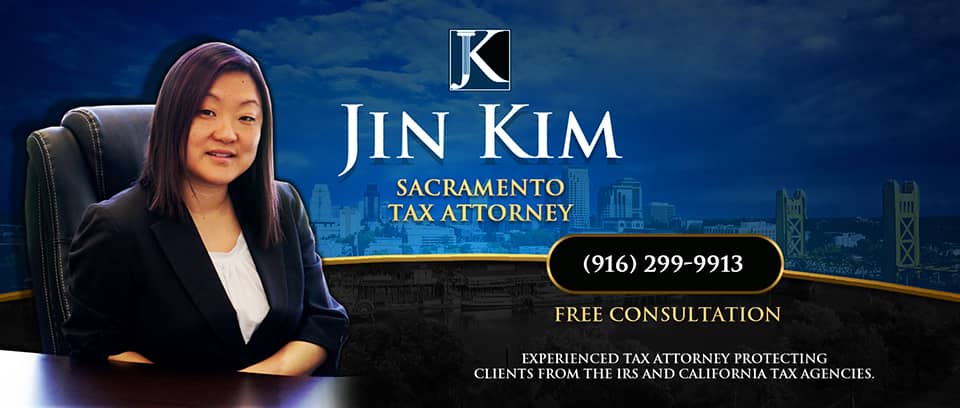The IRS can take part of a taxpayer’s wages to compel payment of back taxes. This sounds awful, but it’s perfectly legal and the IRS uses this collection strategy quite frequently. Wage garnishment is technically a form of levy upon the taxpayer’s property. A levy refers to the process of taking a taxpayer’s property for the payment of a debt. As the name wage garnishment implies, the property subject to levy is the taxpayer’s wages. Of course, no one wants to see their hard-earned money go away, especially before it can reach their bank account, but if a wage garnishment order is preventing you from getting your full paycheck there are ways to stop the garnishment.
If you are experiencing wage garnishment for back taxes, call tax attorney Jin Kim to learn more about hardship, offers in compromise, non-collectible status, installment agreements, and bankruptcy.
IRS Wage Garnishment Procedure
The IRS is required to adhere to a strict process when they garnish a taxpayer’s wages. If the IRS failed to observe the correct process, you might be able to stop the IRS wage garnishment by claiming a procedural error. However, long-term tax relief often relies on more conventional tax resolution strategies.
Employer Notice
The IRS doesn’t notify the taxpayer of a wage garnishment; the employer does. The IRS notifies the employer of the wage garnishment by mail through Form 668-W (Notice of Levy on Wages) and Publication 1494 which helps the Employer compute the amount exempt from the IRS wage levy. Unfortunately for the taxpayer, the levy is continuous until the amount is repaid.
Tax Resolution Options To Stop IRS Wage Garnishment
IRS wage garnishments disrupt the income needed by many taxpayers to meet basic living expenses. Accordingly, many taxpayers facing IRS wage garnishment pursue one of the following tax resolution options to stop IRS wage garnishment and resolve their back taxes.
Offer In Compromise
One way you can stop the IRS from garnishing your wages is to make an offer in compromise. The advantage of this option is that you have the possibility of reducing the tax debt, so instead of paying the full debt, you pay only a reduced portion of the debt. In addition, an offer in compromise takes into consideration your reasonable collection potential (RCP) when computing the amount of offer to make. However, the downside to this option is that you will need to pay at least 20% of the amount in your offer when you make the offer – so if you’re suffering from liquidity problems, this might not be a good option. Moreover, due to the complexity of the process, many taxpayers need to hire a tax attorney to prepare the offer in compromise. In contrast, many taxpayers can secure an installment plan independently without legal representation for nominal tax debts.
Installment Agreement
If you’re suffering from liquidity issues, but you still want to stop the wage garnishment, you can opt for a payment plan option. A payment plan option can be payable in the long term, making it great for taxpayers who don’t have the cash at hand to pay off the entire debt in one go. The disadvantage is that unlike an offer in compromise, you’ll still have to pay off the entire debt as well as any penalties or interests that may have accumulated.
Bankruptcy
Bankruptcy proceedings are not ideal for everyone. However, there is one silver lining – some taxes can be discharged in a bankruptcy proceeding. To learn whether bankruptcy can discharge your back taxes, call a bankruptcy attorney with experience discharging tax debt in chapter 7 & 13 bankruptcy.
FTB Earnings Withholding Order
The FTB issues earnings withholding orders to garnish taxpayer wages for tax debt owed to the State of California. The strategies for stopping an FTB wage garnishment are similar, in that bankruptcy or installment agreements may be an option, but additional options may be available. For instance, the FTB has procedures for modifying the wage garnishment if the withholding order is causing financial hardship. Learn more about stopping FTB wage garnishment or call tax relief attorney Jin Kim at (916) 299-9913 for a free tax resolution consultation.
- What is the Trust Fund Recovery Penalty? - August 25, 2022
- CDTFA Notice of Levy - August 8, 2022
- The Statute of Limitations on Deficiency Assessments - June 2, 2022
